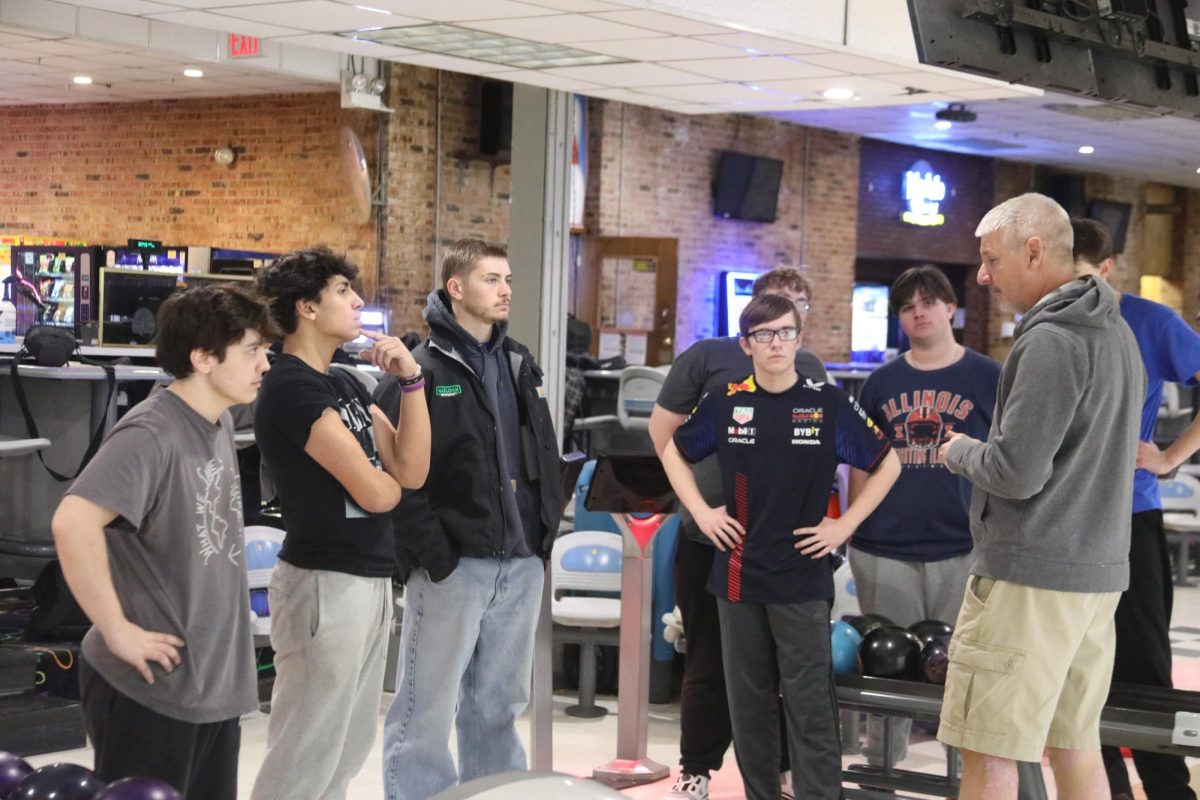Allergies Attack
EpiPen provider works with LT to prevent tragedies
October 27, 2016
When Hunter Pendleton ‘17 was at a bake sale a few years ago, he made sure he was careful in choosing the food he would buy due to his peanut allergy. He chose a chocolate chip cookie after double checking that there were no nuts in it. Immediately after eating the cookie, his mouth and throat started to swell up. Knowing he was having a reaction, he spit out the cookie and took Benadryl.
Pendleton felt a stabbing pain in his stomach and the reaction did not calm down. It took a few hours for the pain to end and he figured out that the chocolate chip cookie had been on a plate that had peanut butter cookies on it. Pendleton wished he had used the Epinephrine autoinjector (EpiPen) he had on hand. EpiPens are devices administered to people in anaphylactic shock which is a life threatening allergic reaction.
“EpiPens are marketed as a life saving drug,” Pendleton said. “I didn’t think at that time I was at that point. Looking back on it, I definitely should have used it.”
Most years pass without allergy attacks severe enough to require the administration of the EpiPen at LT. The most recent attack was this year when Olivia Thiakos ‘17, a student with a peanut and seafood allergy, accidentally switched lunches with her brother and ingested peanut butter. An EpiPen was administered to her and following procedure, she was taken to the hospital.
Mylan, a pharmaceutical company that distributes the devices, also provides LT with two free EpiPens, one per campus, that can be used in case an LT student or faculty member were to have an anaphylactic reaction who was not previously diagnosed with a life threatening allergy. Students may have allergy action plans due to potential anaphylactic reactions to foods such as tree nuts, peanuts, eggs, milk, certain fruits and also bee stings.
“We continue to encourage students to advocate for themselves and decline any food if they are unsure of ingredients,” NC nurse Debbie Clay said. “[The health office] is trying to prepare kids for life outside of LT.”
Allergic reactions can be mild to severe, ranging from a skin reaction, like hives, to a more major reaction such as swelling in the mouth, tongue or respiratory distress, Clay said. It can be difficult for individuals with allergies to understand that any subsequent exposure to the allergen may not exhibit the same reaction as before. Anyone can also develop allergies at any age and a person with a known allergy may also grow out of them.
Most individuals with life threatening allergies typically carry an EpiPen on their person and have the option to have backup medication in the Health Office, she said. Individuals with allergies have been educated by their health care provider on how to use and Epi Pen when prescribed. LT nurses are also educated and experienced on administering this medication and continue to provide education to students and staff. Teachers that have a student with a known allergy are alerted through Infinite Campus regarding the allergy and are informed to download the allergy action plan in case of an emergency.
“Epipens are not covered by insurance and it is a tremendous out of pocket cost,” Thiakos said. “Epipens expire within a year and have to be purchased annually. I feel that everyone who needs an EpiPen should have access to an EpiPen even if they can’t afford it.”






















![Movie poster for '[Rec]" (2007).](https://www.lionnewspaper.com/wp-content/uploads/2023/04/rec-640x900.jpg)

